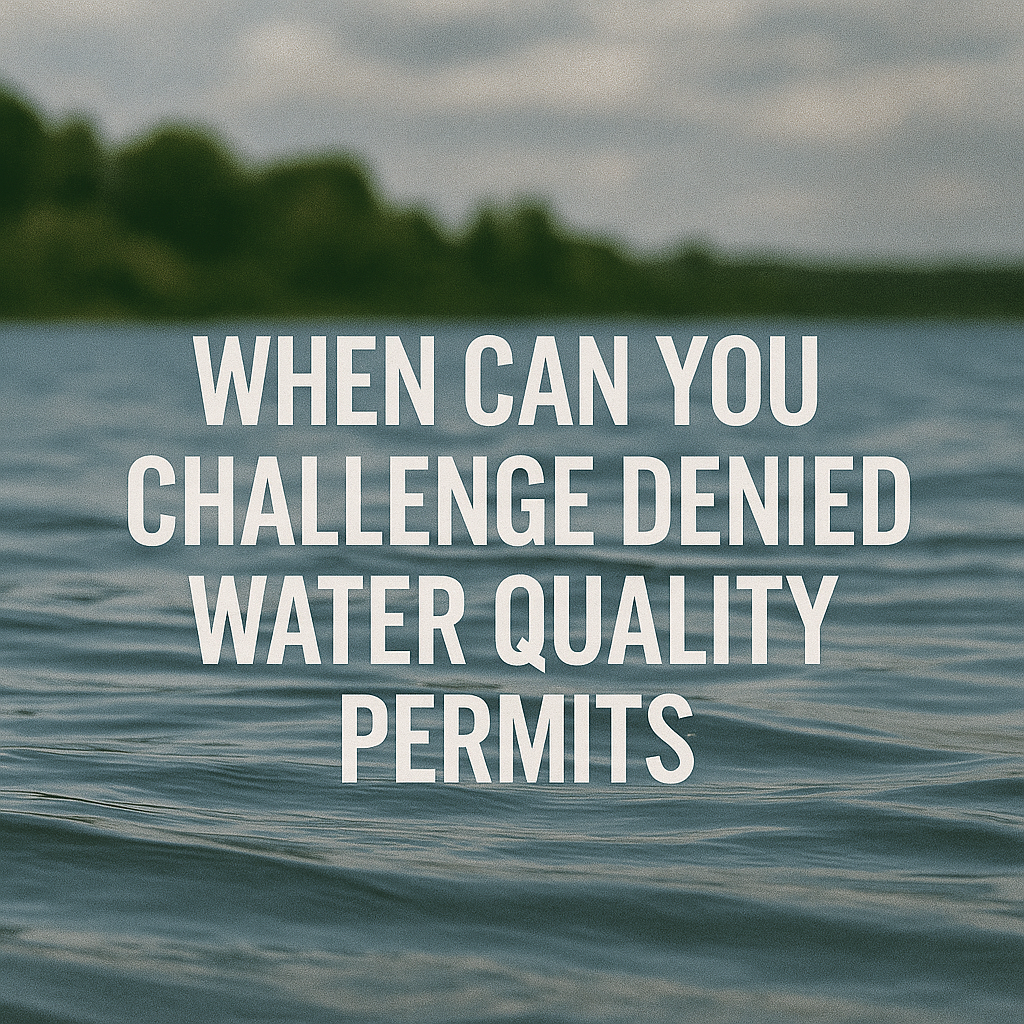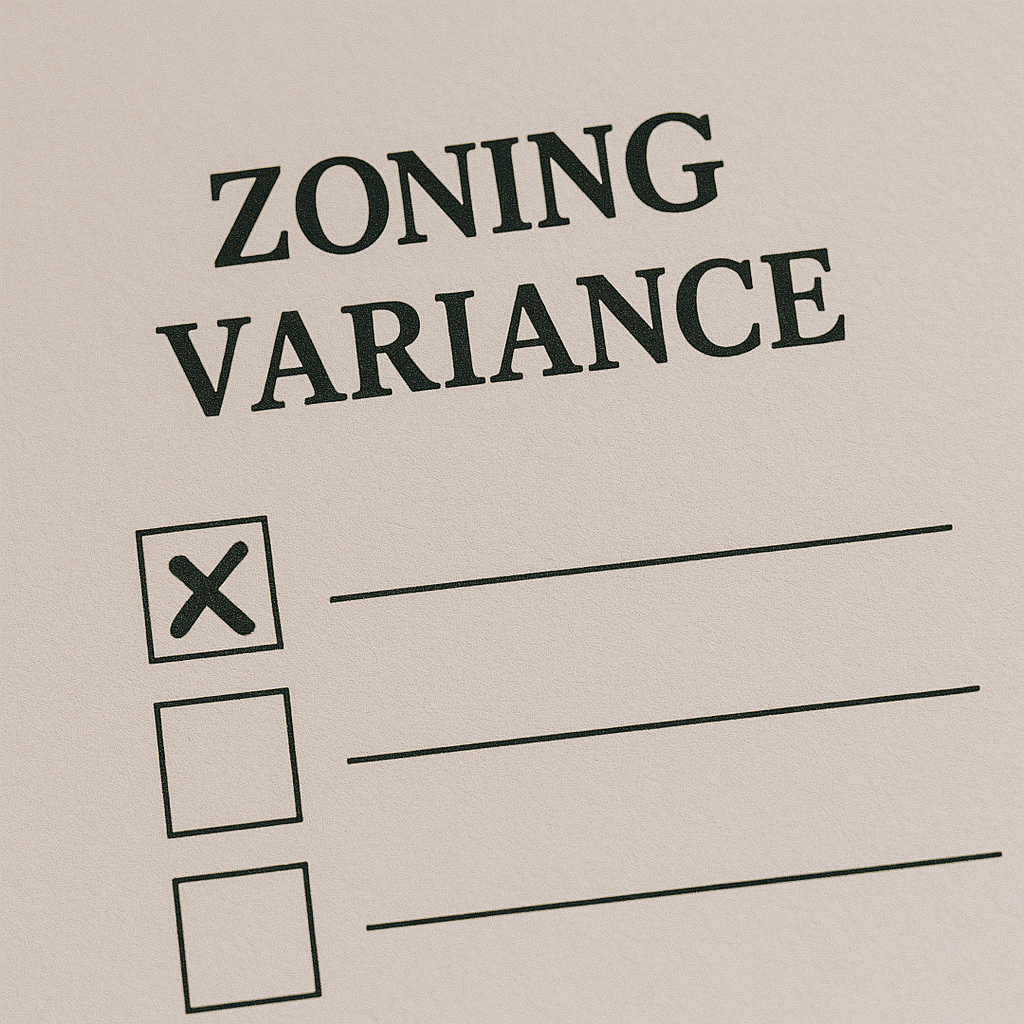Environmental Law
The West Firm is a premier environmental law firm representing diverse clientele – publicly traded and privately held companies in power generation, solid waste management and pesticide manufacturing as well as municipalities, trade associations and individuals. Our attorneys serve clients across New York and the United States.
With expertise in state and federal environmental laws and programs, we advise on the National Environmental Policy Act (NEPA), the Clean Water Act (CWA) and Clean Air Act (CAA), the Resource Conservation and Recovery Act (RCRA), federal and New York Superfund programs, the New York State Environmental Quality Review Act (SEQR), the Historic Preservation Act, the New York State Navigation Law, the Brownfield Cleanup Program (BCP), NPDES and SPDES permits, petroleum and chemical bulk storage regulations, waterway protection and dam safety, and laws governing oil and gas production and pipelines.
Key Specialities in Environmental Law:
Environmental impact reviews under NEPA, SEQR and CEQA.
Compliance with the CWA, CAA and NPDES/SPDES discharge permits.
RCRA hazardous waste management, Superfund cleanups and Brownfield redevelopment.
Preservation, navigation and bulk storage issues under state historic and petroleum laws.
Oil and gas production, pipeline siting, dam safety and waterway protection.
Environmental litigation, enforcement defence and Article 78 proceedings.
Strategic Counsel for Complex Environmental Projects
We handle both routine matters and high-profile environmental projects. We represent clients across industries such as energy, manufacturing, chemicals, construction, real estate and natural resources. Our team is a leading adviser on air and water quality, soil and sediment issues, hazardous waste management, Superfund liabilities and endangered species matters. We draw on long-standing relationships with federal, state and local agencies to secure environmental permits and approvals under the CAA, CERCLA, RCRA, the CWA, NEPA and SEQR.
We also assist with audits, investigations, cleanup and transactional matters relating to environmental liability. By proactively quantifying and managing risk, we help clients avoid project shutdowns, regulatory delays and enforcement actions. When administrative resolution is not feasible, we have a proven record in environmental litigation and Article 78 proceedings.
Attorneys Specializing in Environmental Law

Thomas S. West
Founding Partner
Gregory A. Mountain
Managing Partner
Michael W. Peters
Partner
Cindy M. Monaco
Of Counsel
Thomas S. West
Thomas S. West advises clients on complex environmental law matters in these sectors, including permitting and compliance.
Frequently Asked Questions
-
Environmental due diligence is the process of assessing potential environmental liabilities before acquiring or developing real property. This often means conducting Phase I and Phase II site assessments, reviewing historical land use and evaluating whether contaminants such as petroleum, hazardous waste or chemicals are present on the project site.
Our attorneys examine NEPA and SEQR obligations to determine whether an Environmental Impact Statement is required and advise on wetlands, threatened species and cultural resource issues. We also review existing permits and compliance status under the CAA, CWAt, RCRA, CERCLA and other programs and identify outstanding enforcement issues. It may also include reviewing federal and state regulatory files, interviewing site operators and evaluating compliance with bulk storage and spill reporting laws. Thorough due diligence allows buyers to negotiate purchase prices, allocate risk, and design remediation plans that satisfy lenders and regulators. We also collaborate with environmental consultants to quantify risks and develop strategies to mitigate liability, whether through contractual allocations, insurance or Brownfield program participation.
-
TheCWA regulates discharges of pollutants into navigable waters, and in New York the State Pollutant Discharge Elimination System (SPDES) applies similar standards. Obtaining a permit involves preparing detailed applications with effluent limits, best management practices and monitoring plans. We work with municipal and industrial clients to secure NPDES/SPDES permits, negotiate permit conditions and respond to agency comments.
We help clients develop stormwater pollution prevention plans and counsel them on compliance with effluent limitations and sampling requirements. When regulators allege violations, we represent clients in administrative proceedings and negotiate consent orders. We also assist in challenging or defending water quality permits through Article 78 proceedings and appeals. To learn more about our approach, browse our environmental and administrative practice pages or our blog post on when you can challenge denied water quality permits.
-
New York’s BCP encourages redevelopment of contaminated sites by providing tax credits and liability protections to developers. Qualifying properties can receive refundable tax credits for site remediation, tangible property costs and redevelopment. The program also offers a liability release from the state once cleanup is complete. The Firm guides clients through each stage of the BCP, from determining eligibility and negotiating the Brownfield Cleanup Agreement to overseeing remedial investigations and implementing cleanup plans. We coordinate with environmental consultants to prepare remedial investigation reports and work plans, submit progress reports to the Department of Environmental Conservation and negotiate Certificates of Completion. Participation in the BCP can enhance project financing and marketability while addressing environmental risks. In addition to financial incentives, the BCP helps transform blighted properties into productive community assets by addressing environmental stigma.
Our attorneys also coordinate with local industrial development agencies to secure Payment In Lieu of Taxes (PILOT) agreements and other incentives that complement Brownfield tax credits, making redevelopment projects more attractive to investors. For additional reading, explore our blog posts about due diligence.
-
An Article 78 proceeding is a special litigation device under New York law used to challenge the actions or decisions of state and local agencies. In environmental matters, it may be appropriate when a permit application is denied, conditions are imposed that exceed statutory authority or an agency fails to follow mandated procedures. Because Article 78 petitions must be filed within a short time—often four months from the challenged determination—prompt consultation with counsel is essential. Ourattorneys evaluate whether the agency acted arbitrarily, capriciously or outside its jurisdiction and prepare petitions seeking annulment or modification of the decision. We have successfully challenged zoning denials, SEQR determinations and enforcement actions across the New York State. For practical guidance, see our blog posts on Article 78 and our administrative law practice page.
-
Financing renewable energy projects often involves a mix of equity, debt and tax equity. Tax credits, such as the federal Investment Tax Credit and Production Tax Credit, can significantly reduce project costs when monetized by tax equity investors. New York’s NY Green Bank and similar programs provide low-cost capital for qualifying projects. Developers may also secure grants and rebates from federal or state programs and negotiate payments in lieu of taxes (PILOT) agreements with local industrial development agencies to manage property tax burdens.
The West Firm works with financial institutions and investors to structure bankable deals and advises clients on incentive eligibility and compliance. We also assist with negotiating lease-leaseback arrangements, sale-leaseback transactions and joint ventures that can unlock additional capital. To explore financing strategies for your project, connect with our team through the contact page.
-
Yes. While our headquarters are in Albany, The West Firm advises clients across New York and throughout the United States. Environmental issues often involve federal laws and agencies such as the U.S. Environmental Protection Agency, the Army Corps of Engineers and the Federal Energy Regulatory Commission, and our attorneys regularly represent clients before these agencies. We also work with local counsel in other jurisdictions to address state-specific requirements.
Whether you operate a manufacturing plant in the Midwest, a renewable energy project in New England or a solid waste facility in the Southeast, our team applies the same depth of knowledge and strategic insight. Our multi-disciplinary approach to provide seamless service across jurisdictions. Modern technology allows us to communicate effectively with clients in distant states, and we regularly travel to project sites when necessary. To learn more about our attorneys’ backgrounds, visit our attorneys page (https://www.westfirmlaw.com/attorneys). If you would like to discuss your environmental matter, please reach out through our contact page .







.png?content-type=image%2Fpng)